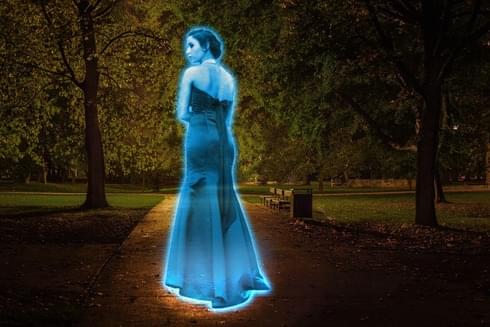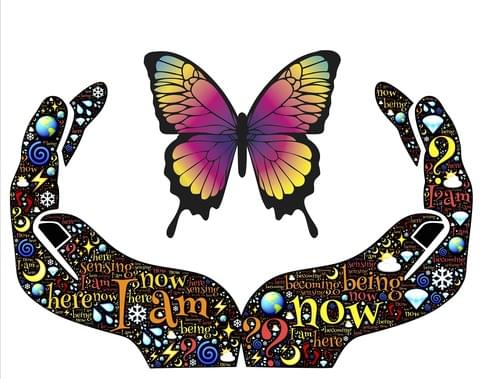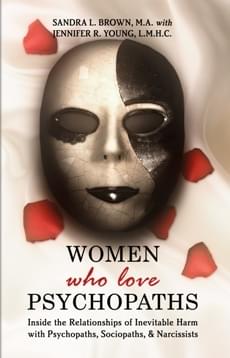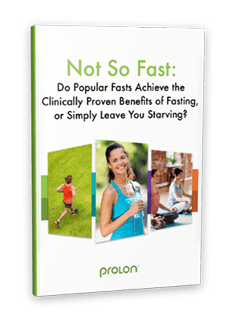Survive, Transform, Soar! – Issue #91
How To Reclaim Your Self After A Toxic Relationship
Article by: Candice Cooper-Lovett, PhD, LMFT in SurviveTransformSoar.com | Friday, December 7, 2018
Toxic relationships affect a healthy partner mentally, emotionally, spiritually and psychologically. They can have long lasting effects, such as post-traumatic stress disorder (PTSD), anxiety and depression. Additionally, some partners have suicidal thoughts and action (Campbell & Lewandowski,1992).
Another impact that is important to consider is self-identity and self-esteem. You may question who you are and experience a loss of self.
A systematic review done by Childress (2013) found that partners described their experiences in toxic relationships as devastating to their self-esteem and self-identity. Such experiences manifested in feelings of sadness, isolation, degradation and despair. These experiences create an erosion of the self and can cause you to feel disembodied or removed from yourself (Matheson et al. 2015).
Your Core Identity Is Affected
In therapy, I regularly ask the questions “Who are you?” and “What makes you happy?” It is a rarity when someone has the ability to answer those questions. In response to those questions, many clients share that they do not know, especially individuals who have been in toxic relationships.

It’s normal after a pathological relationship to feel ghostly, disembodied, like you’re not fully present.
t’s not unusual, if you’ve been in a pathological relationship, to put yourself last when it comes to your own needs. You likely tended to the needs and demands of your partner and neglected yourself and who you are.
I once had a client share that she did not know who she was outside of her relationship with her pathological partner and her children. She said he told her who she was and she began to believe those things. He would tell her that she was nothing, worthless, that no one wanted her and that no one loved her.
As a result of that relationship, she had a re-defined sense of self that was based on the narrative that she was worthless. Her identity was tied to being a mother and partner and nothing more.
Re-Visit Memories of Yourself Before the Relationship
When re-defining yourself and your journey after a toxic relationship, it is important to think about who you were before the relationship. Ask yourself these questions:
- Who was I?
- What did I like about myself?
- How did I define myself? (by the company I kept, what I liked to do, my roles in life)
- What moments of my life did I feel most happy? What was I doing differently than I am now?
Think about yourself and who you are today. It is important for you to get to know yourself again. When you come out of a toxic relationship you are different because of the experience; however, that experience does not necessarily mean that you are worse than you were before.
Re-Defining Who You Are Now Will Help You Shift into a Change Process
It is helpful for you to take the time to redefine yourself and who you are. It’s the process of transitioning from victim to survivor to thrivHer which has to do with a shift in mindset. According to Bushway and Pasternoster (2014):
“Life change comes with movement toward a new identity that is in conflict with the past identity. Intentional self-change is at the heart of the theory. Change is cognitive, internal and individualistic….”
According to Cluss et al. (2006), this explains a complex change process for partners who have experienced toxic relationships. In their model, there are three key factors that influence change: awareness, perceived support and self-efficacy/perceived power. Below are some ways in which you can begin your process of healing and self-discovery that include the above-mentioned factors.

To explore is to discover…and there’s no greater discovery than your own being.
• Begin to surround yourself with people who uplift, support, love and encourage you: This can occur through joining mentorship programs or groups dedicated to survivors of toxic relationships. Having these experiences will help to foster the mental and emotional space that is needed for you to begin the process of healing and finding yourself. It will also show you how to receive support and love that is healthy. For some, it is difficult to distinguish factors in a healthy relationship versus a toxic relationship.
• Seek professional help: There are mental health professionals who specialize in toxic relationship work and can help you to process your experiences. They can also aid you in the process of redefining yourself outside of the experiences of your toxic relationship. You will have the ability to be heard and acknowledged in a safe and non-judgmental space.
• Learn how to put yourself first: In toxic relationships you often place your needs last. You will have to become intentional about caring for yourself and putting yourself first through changed behavior. Your thoughts and feelings related to putting yourself first (e.g., guilt or unworthiness) will begin to diminish over time. It is essential to become purposeful in loving yourself because it has to start with you.
• Begin living in the present: It is challenging to be present-focused because of your continued experiences of trauma and fear. There is a disposition of fight, flight or freeze. In fight, flight or freeze mode, the mind is filled with racing thoughts. In those moments it is hard to remain calm, centered and present-focused. Begin to practice mindfulness at least 5 minutes a day. There are phone applications that are free and can be utilized (insight timer, calm and headspace). Every morning or evening create a ritual of being present-focused and practice deep breathing exercises.
• Ask yourself these questions and begin to answer them. These questions facilitate thinking when it comes to views of self and how you can begin to define who you are as an individual. It is understandable if you are unable to answer all of these questions at this point in time. The goal is to be able to do so over time as you begin to heal and find yourself.
- What are 5 things in the future that will make me most proud?
- What are the times in my life where I felt most alive?
- When are times in my life when I felt that I was the best version of myself?
- What people do I define as extraordinary and what are their qualities? Do I possess those same qualities?

Your toxic relationship stimulates a change process from which you emerge even more beautiful.
Focus on the Process Rather Than a Goal
Toxic relationship experiences can be traumatic and can cause a lot of emotional, mental and spiritual turmoil. Taking your time and loving yourself through the healing process is paramount. Allowing yourself to go through the process is a sure way to aid in your transformation.
You must create the time and space to regain the pieces of yourself that you may have lost in the toxic relationship. The important piece is to redefine what the pathological relationship experience was in your life and how you make meaning out of it.
I like the analogy of the Japanese art of kintsugi. This type of art repairs pottery with gold or silver lacquer with an understanding that the piece is more beautiful for having been broken. You are more beautiful, powerful and strong because of the experience of being in a toxic relationship.
References:
Bushway, S., & Paternoster, R. (2014). Identity and desistance from crime. In J. A. Humphrey, & P. Cordella (Eds.), Effective interventions in the lives of criminal offenders. (pp. 63–77). New York: Springer.
Campbell J, Lewandowski LA. (1992). Mental and physical health effects of intimate partner violence on women and children. In Koss MP, Heslet L. (Eds.) Somatic consequences of violence against women. Arch Fam Med 1:53.
Cluss, P. A., Chang, J. C., Hawker, L., Scholle, S. H., Dado, D., Buranosky, R., & Goldstrohm, S. (2006). The process of change for victims of intimate partner violence: Support for a psychosocial readiness model. Women’s Health Issues, 16(5), 262–274.
Matheson, F. I., Daoud, N., Hamilton-Wright, S., Borenstein, H., Pedersen, C., & O’Campo, P (2015). Where Did She Go? The Transformation of Self-Esteem, Self-Identity, and Mental Well-Being among Women Who Have Experienced Intimate Partner Violence. Women’s Health Issues, 25, 561-569.
For each week’s complete issue delivered to your inbox, please subscribe here to Survive, Transform, Soar! or check out a sample issue.





